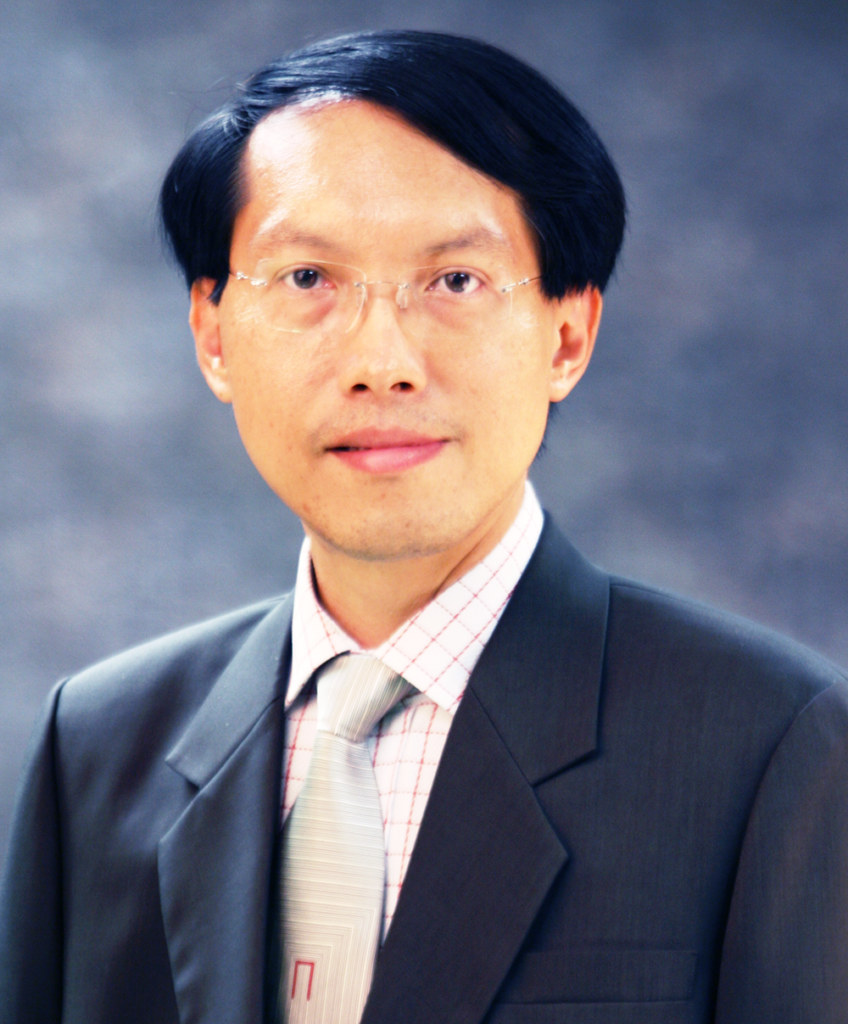
Prof. Dr.Athakorn Kengpol
Prof. Dr.Athakorn Kengpol
Biography of Prof. Dr.Athakorn Kengpol
Prof. Dr.Athakorn Kengpol is a distinguished professor at the Faculty of Engineering, King Mongkut’s University of Technology North Bangkok (KMUTNB), Thailand, and a member of the KMUTNB University Council. With over 20 years of expertise in industrial engineering, artificial intelligence, and decision support systems, Prof. Kengpol has been instrumental in bridging academic innovation and real-world applications. His work has earned numerous accolades, including the National Excellent Lecturer Award and the National Prototype Teacher Award from Thailand’s Ministry of Higher Education.
He has also been a principal investigator in multiple United Nations and European Erasmus+ projects, focusing on AI-driven decision-making and sustainable industry solutions. His recent research delves into the application of AI and cyber-physical systems, addressing challenges in areas such as disaster management, sustainable manufacturing, and advanced instrumentation systems.
A prolific author with an H-index of 15 and over 1,250 citations, Prof. Kengpol is renowned for his interdisciplinary approach, making significant contributions to industrial engineering, logistics, and sustainable development. He has also served as a keynote speaker at leading conferences and as a consultant for various government and industry initiatives.
Prof. Kengpol’s innovative work continues to inspire the global academic and professional community, driving advancements in intelligent systems and sustainable engineering practices.
Title : The application of AI and cyber physical in instrumentations
Abstract – Artificial Intelligence (AI) and Cyber-Physical Systems (CPS) have revolutionized the field of instrumentations by enabling autonomous decision-making and control in complex systems. These technologies have greatly enhanced the capabilities of instruments by allowing them to analyze data in real-time, predict potential issues, and make adjustments without human intervention. For instance, AI algorithms can be integrated into sensor networks to detect anomalies and adjust sensor settings accordingly, ensuring accurate and reliable measurements.
The application of AI and CPS in instrumentations has also led to the development of smart instruments that are capable of self-optimization and self-adaptation. By leveraging the power of machine learning and deep learning algorithms, these instruments can continuously learn from their environment and improve their performance over time. For example, smart sensors can adjust their calibration settings based on changing environmental conditions, leading to more accurate and consistent measurements.
Furthermore, the integration of AI and CPS in instrumentations has paved the way for the development of intelligent control systems that can autonomously adjust parameters to optimize performance. These systems can be used in various industries such as manufacturing, healthcare, and energy to improve efficiency, reduce downtime, and minimize errors. Overall, the application of AI and CPS in instrumentations has the potential to revolutionize the way we collect, analyze, and interpret data, leading to more reliable and efficient instruments.